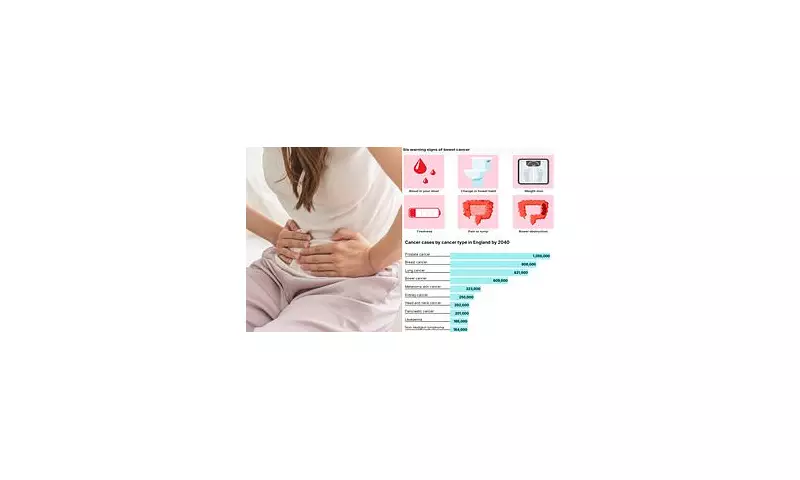
Millions of Britons struggling with chronic constipation may find lasting relief not from expensive medications, but from a simple, five-second technique performed on the toilet, according to leading gastroenterologists.
The method, dubbed 'Toilet Yoga' by specialists, involves a specific physical maneuver that aligns the colon to facilitate easier and more complete bowel movements. This natural approach is gaining significant traction within the UK's medical community as a first-line recommendation.
The Science Behind The Simple Maneuver
Experts explain that the anatomy of our digestive system is key. The rectum curves at a specific angle, and standard sitting posture on a toilet can inadvertently kink this passage, making elimination difficult and incomplete.
This revolutionary habit works by physically altering this angle, effectively straightening the rectum to allow for a clear and effortless path. It’s a principle that mimics the natural squatting position, which is considered the biomechanically optimal posture for evacuation.
A Life-Changing Solution For Millions
Chronic constipation is a pervasive issue in the UK, affecting an estimated one in seven adults and costing the NHS millions annually in prescriptions for laxatives and related treatments. The condition can lead to bloating, discomfort, and a significant decrease in quality of life.
This technique offers a drug-free, immediate, and cost-effective solution that can be practised anywhere, anytime. Patients report not only more regular bowel movements but also a feeling of complete emptying, which is often elusive with chronic constipation.
How To Incorporate This Habit Into Your Routine
Medical professionals advise making this a consistent part of your daily routine for maximum effect. Consistency is crucial for retraining the bowels and establishing a healthy, regular pattern.
While individual results can vary, many users experience noticeable improvements within a few days. For long-term sufferers, this method can be truly transformative, reducing reliance on over-the-counter remedies and improving overall digestive wellness.
This insight underscores a growing shift in healthcare towards simple, preventative, and non-invasive strategies for managing common health concerns, empowering individuals to take control of their well-being with effective, natural tools.





